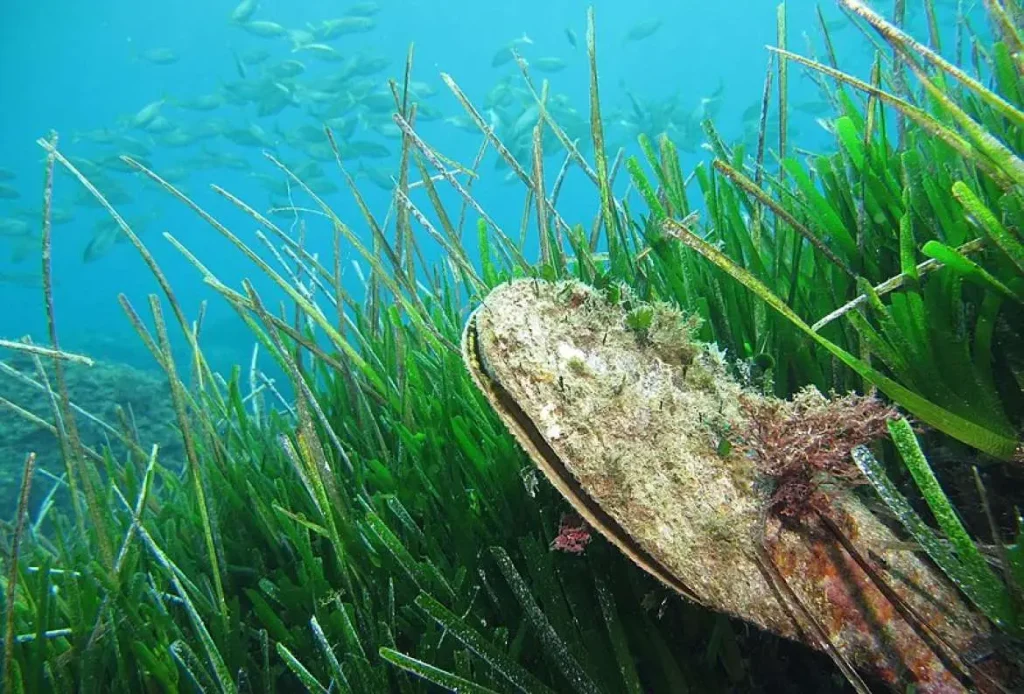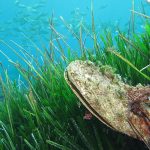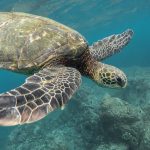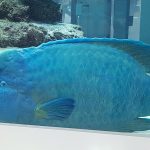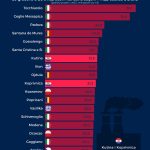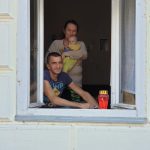As Poslovni Dnevnik writes, during the height of the scorching Croatian summer season, it’s more important than ever to warn people of the challenges and potential dangers facing the ecosystem of the Adriatic Sea, which is extremely rich in different plant and animal species, but also extremely sensitive due to its relative shallowness and natural position.
Mass tourism and irresponsible human behaviour have led to the fact that today, numerous species in the Adriatic have been declared endangered, are strictly protected or have been declared to be rare species and as such are protected by international treaties in addition to Croatian laws. Among them are mammals such as bottlenose dolphins or Mediterranean seals, various species of turtles, sea urchins, crabs and fish, as well as shellfish, the most famous of which is the Croatian noble pen shell, a frequent victim of illegal fishing by tourists.
Aware of the growing need to protect plant and animal species in their natural environment, the multinational company Gebrüder Weiss renewed its cooperation with the Aquarium in Pula, where with the support of the Fund for Environmental Protection and Energy Efficiency, the ”Noble Sanctuary” was built – an innovative space where Croatian noble pen shells, a legally protected species of bivalve mollusc, are protected with the aim of restoring the condition of this native population.
The Pula Aquarium’s ”Noble Sanctuary” is currently the only institution responsible for keeping critically endangered young and adult noble penshells in ex-situ conditions in the Republic of Croatia. This continues the socially responsible cooperation between Gebrüder Weiss and the Pula Aquarium.
“The project of preserving the most endangered Adriatic endemic species is extremely important to us, and we want to return these precious Croatian noble pen shells to our waters. Unfortunately, man’s harmful impact on nature and the environment is increasingly visible, and there’s now no time left to wait – we’re all being called to action. At Gebrüder Weiss, we foster a policy of sustainable and socially responsible business and participate in numerous environmental actions to reduce environmental pollution and work to better influence the development of biodiversity in different parts of the world,” said Barbara Bujacic, the director of Gebruder Weiss Croatia.
“We’re extremely pleased that the important project dedicated to the preservation of the Croatian noble pen shell (Pinna nobilis) in the Adriatic Sea is continuing through cooperation with Gebruder Weiss, and that with joint efforts, we’re able to provide the necessary infrastructure to save this species from extinction. To date, we’ve managed to help numerous young individual pen shells to find their safe haven. With further studies and invested effort, we’re sure that we’ll manage to achieve the ultimate goal – the successful reproduction of these noble pen shells under quarantine conditions and the successful breeding of their descendants for the purpose of the repopulation of this species in the wild,” said Marija Aleksandra Bel Dajkovic, the head of the Pula Aquarium’s expert department.
This, otherwise the largest Adriatic shellfish remaining, enriches the coast and keeps the sea clean.
Since the autumn of 2016, the noble pen shell has become even more endangered. A newly discovered parasite, Haplosporidium pinnae, spread intensively throughout the Mediterranean Sea and killed over 99 percent of all noble pen shells in the world, and only about twenty living adults managed to get rid of this parasite and developed the proper resistance to its devastating influence.
New scientific discoveries stimulated by intensive international cooperation have facilitated and improved the maintenance of noble pen shells under strictly controlled conditions.
With the aim of long-term preservation of this sensitive species, the Pula Aquarium, in cooperation with the LIMIA laboratory and the Institute for the Conservation of Seas and Marine Sciences IMEDMAR-UCV in Spain, carried out a project of genome sequencing of the noble pen shells’ DNA in a completely non-invasive way. The sequenced genome will help with the further understanding of this species in future research.
Croatian noble pen shells are also the largest Adriatic shellfish and an indicator of the cleanliness of the sea. It is the most famous Mediterranean endemic species and is found at all sea depths along the coast, and it most often lives on sandy and muddy seabeds full of marine flowering plants, from whose organic matter it feeds. In shallower seas, noble pen shells can filter up to 2 thousand litres of water per day in order to feed on phytoplankton. Since it is a hermaphrodite, it doesn’t need either the sperm or eggs of any other shellfish individuals in order to reproduce – it releases both and thus fertilises the larvae on its own, which then develop independently in the sea.
In order for this species to continue to develop, grow and reproduce more quickly, live food cultivation was established in the sanctuary and cooperation with Croatian and international institutions was strengthened. Currently, the Pula Aquarium has ten young Croatian noble pen shells found in the period from October 2021 to June 2022 at the locations of Mali Losinj, the Brijuni National Park, Plavnik island and near Rovinj.
Guided by the goals of sustainable development and care for the community and the environment, Gebruder Weiss plans to continue with activities related to the protection of the biological diversity of the Adriatic Sea.
For more, make sure to check out our dedicated lifestyle section.

